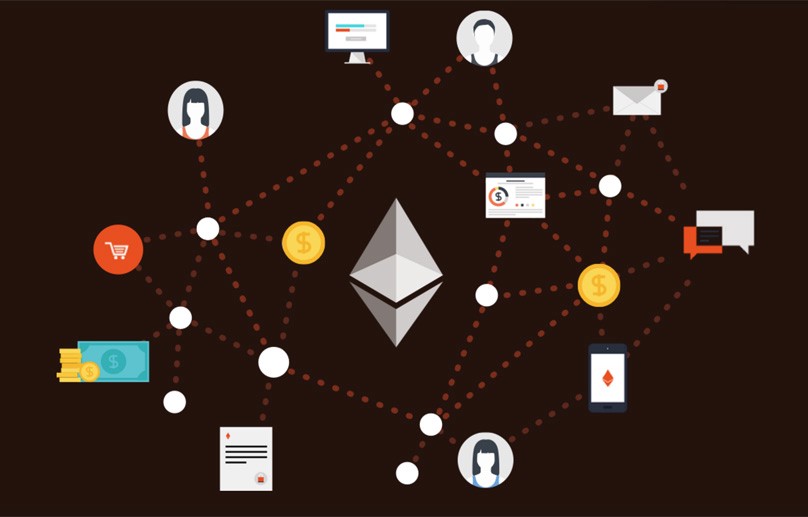
A dApp, or decentralized application, is a software program similar to any other software application. It might be a website or a mobile app, but the essential distinction is that they are based on a decentralized network, such as blockchain. This means that no single entity has control over the network.
A smart contract and a frontend user interface are combined in dApps.
For instance, when you write a smart contract on Ethereum, you are really creating backend code for your dApp, and while your dApp will have a user interface like a regular app, either all or part of the backend is built on top of Ethereum.
dApp = frontend + smart contract backend
Advantages
Many of the exciting aspects are center around ability to safeguard user privacy.
- Censorship-resistant: It is extremely difficult for governments or powerful individuals to manage the network since there is no single point of failure. Proponents of free expression point out that dApps can be created as alternatives to social media sites. Because no single member on the blockchain can remove or stop messages from being uploaded, a decentralized social media network would be impervious to censorship.-
- No downtime: Using a peer-to-peer approach ensures that the dApps continue to function even if individual machines or sections of the network fail.
- Open source: This encourages the widespread development of the dApp ecosystem enabling developers to build better dApps with more useful of interesting functions.
Disadvantages
While dApps promise to address many of the major issues that plague traditional programs, they do have certain drawbacks.
- Early stages: The use of dApps is currently experimental and subject to several challenges and unknowns.
- Hackers: As many are run on open-source smart contracts, it allows hackers the rare opportunity to probe the networks looking for weaknesses.
- Usability: The ability to develop a user-friendly interface is another concern. A lot of dApps have poor user-interfaces.
- Update: Another restriction of dApps is the difficulty of modifying code. Once launched, a dApp will almost certainly require continuing updates to provide additions or to repair bugs or security threats. According to Ethereum, developers may find it difficult to make necessary upgrades to dApps since the data and code broadcast to the blockchain are difficult to edit.
Closing Thoughts
The “cryptoverse” has expanded dramatically since the birth of Bitcoin, the first cryptocurrency. The ability to store data in a decentralized manner was a crucial prelude to the decentralization of code execution. With Ethereum, smart contracts may now be deployed all around the world to power the backend of present and future dApps. And as more dApps are released, we’ll move closer to a more free, fair, and accessible internet.


Greetings! Very useful advice within this post! It is the little changes that make the greatest changes.
Many thanks for sharing!
Excellent post. I’m facing a few of these issues as well..